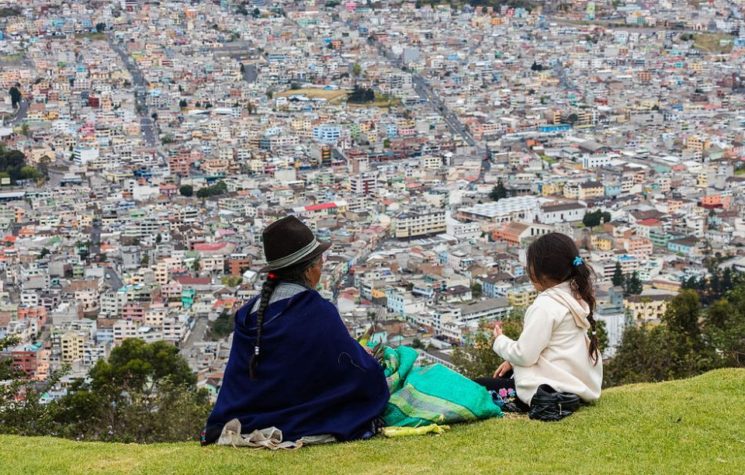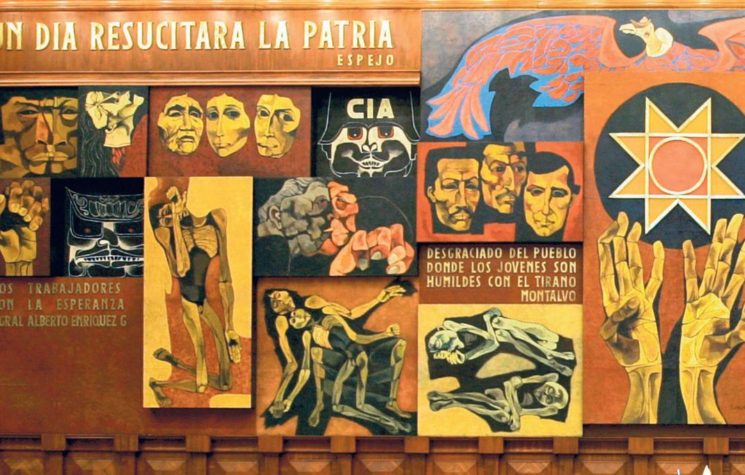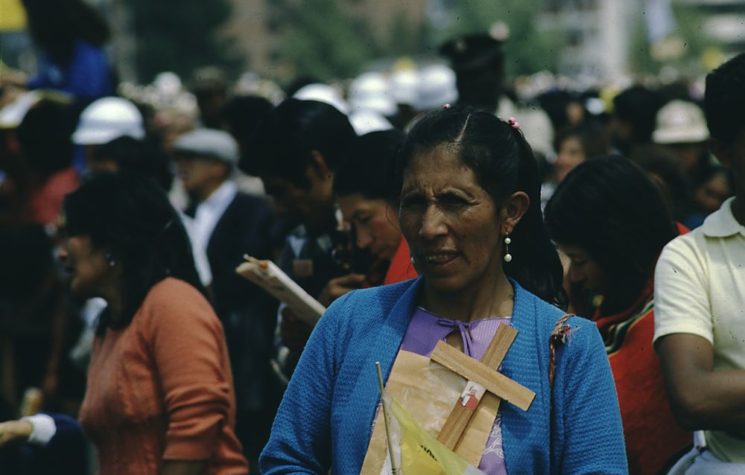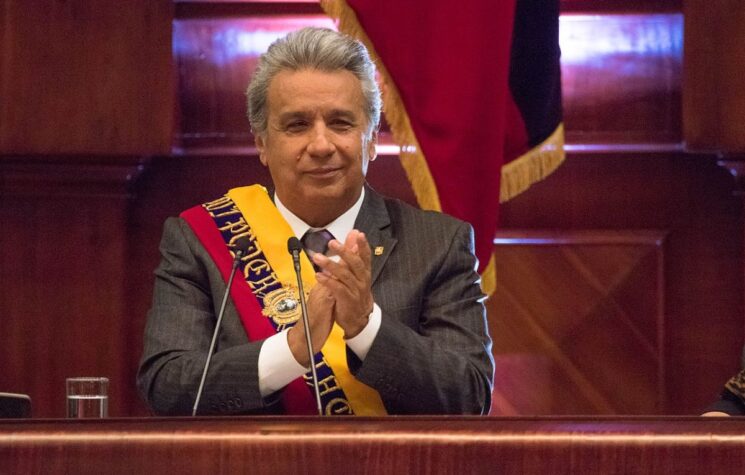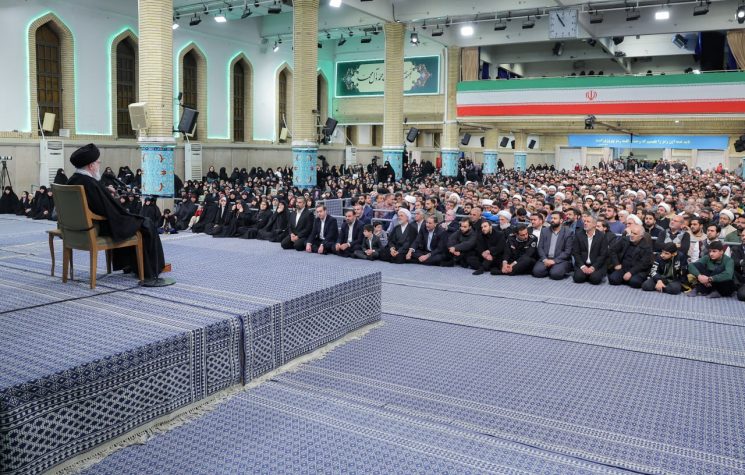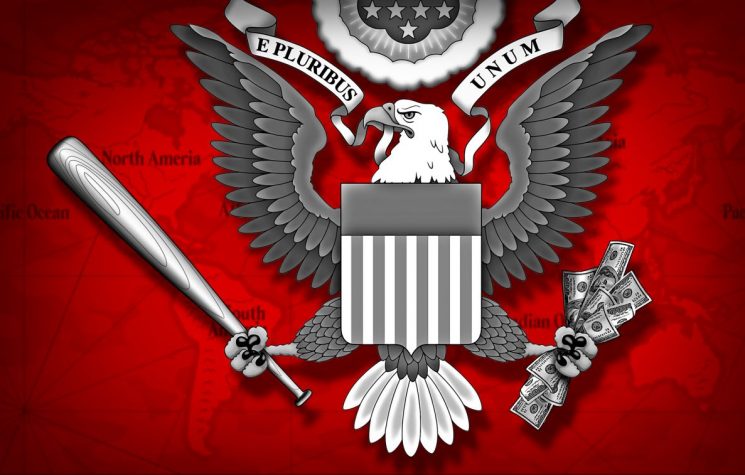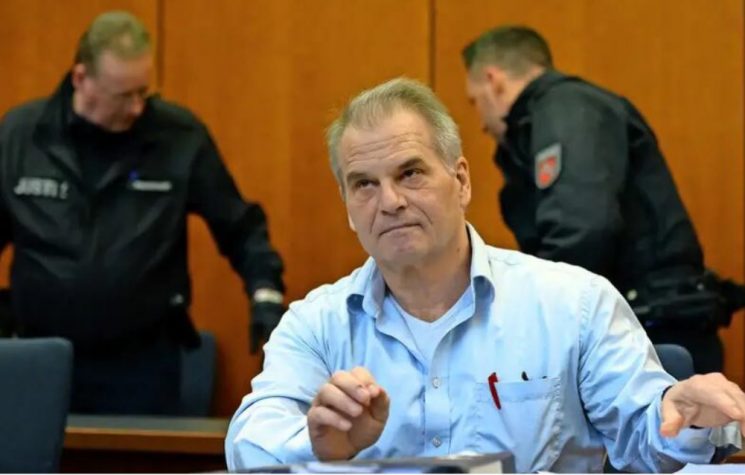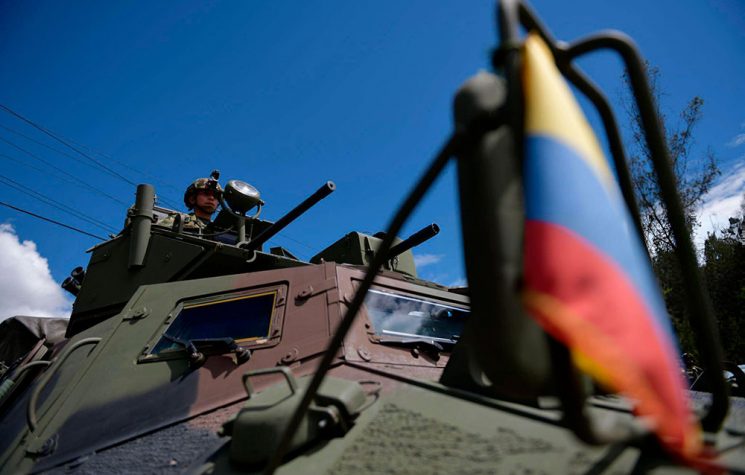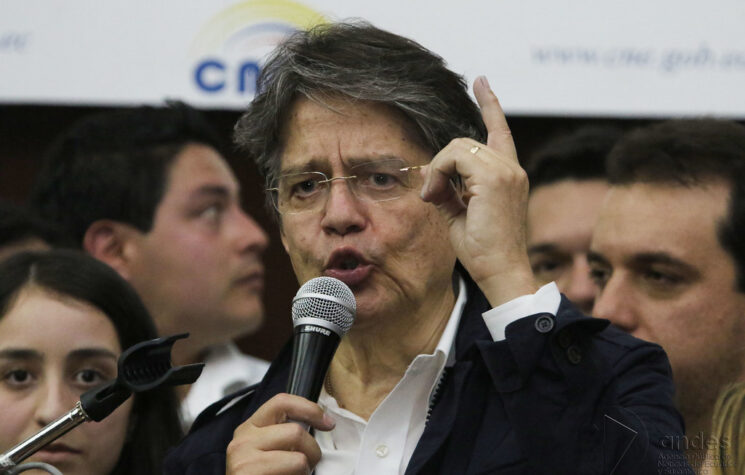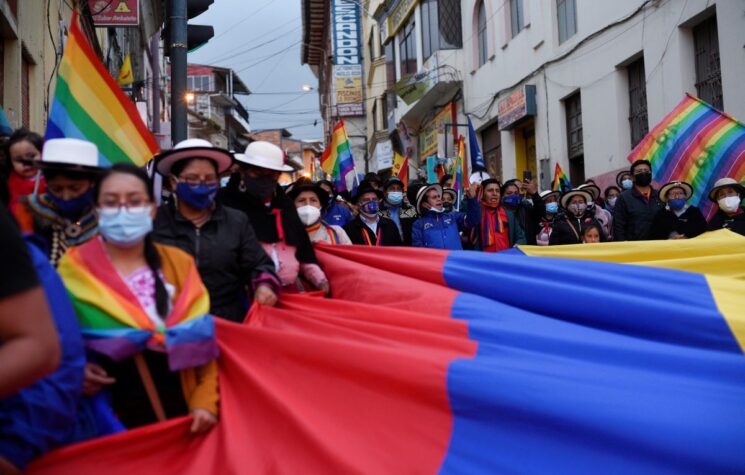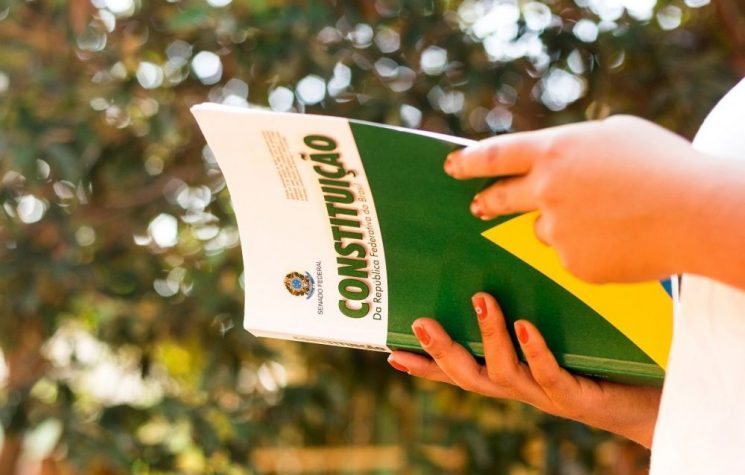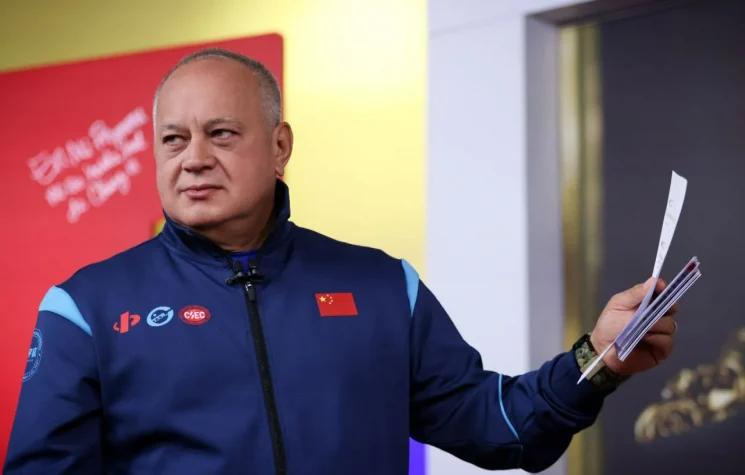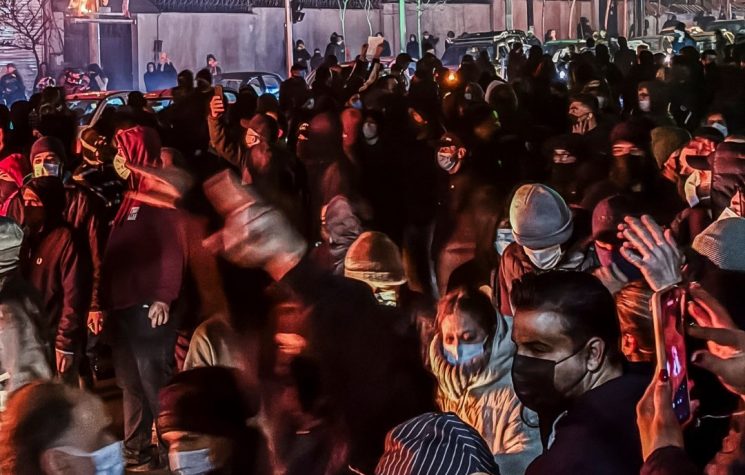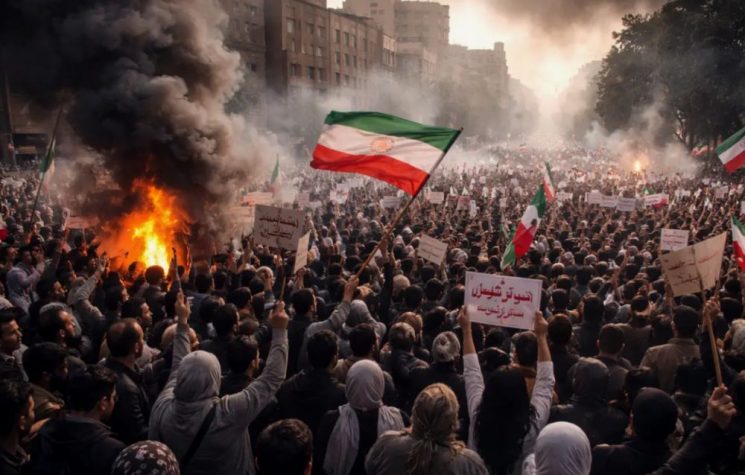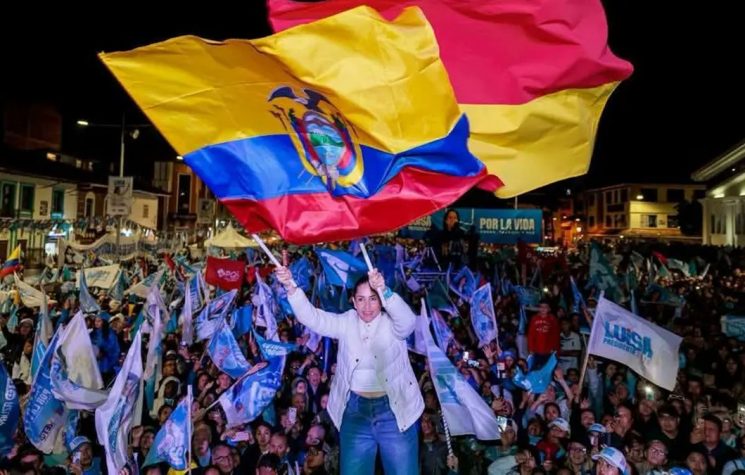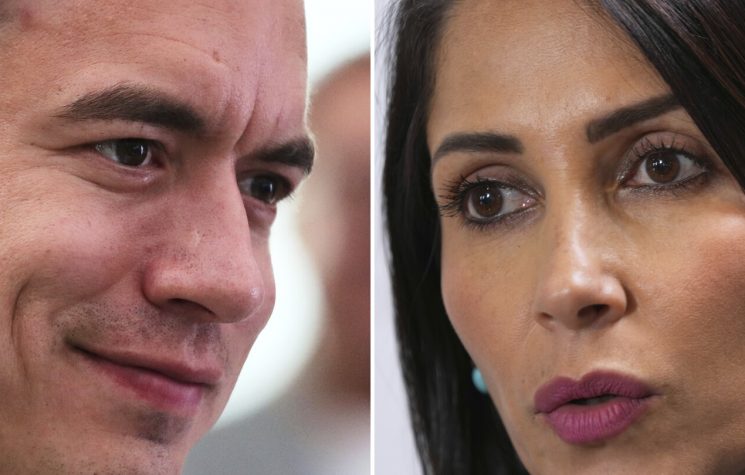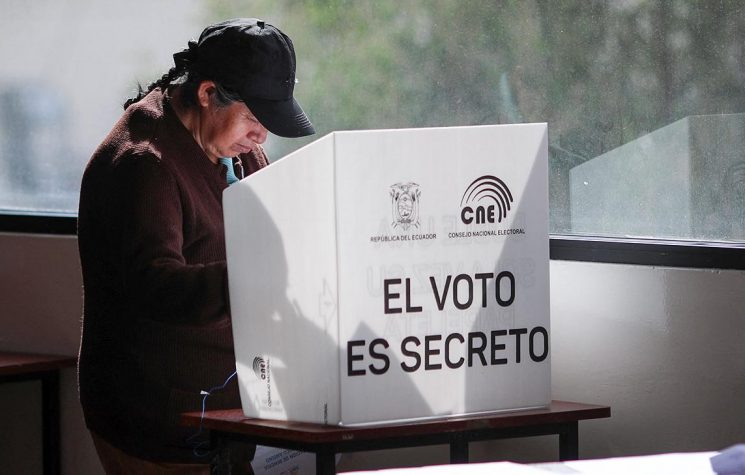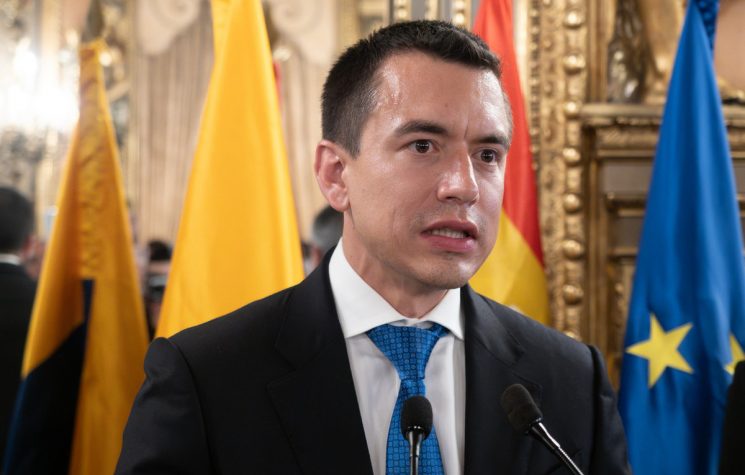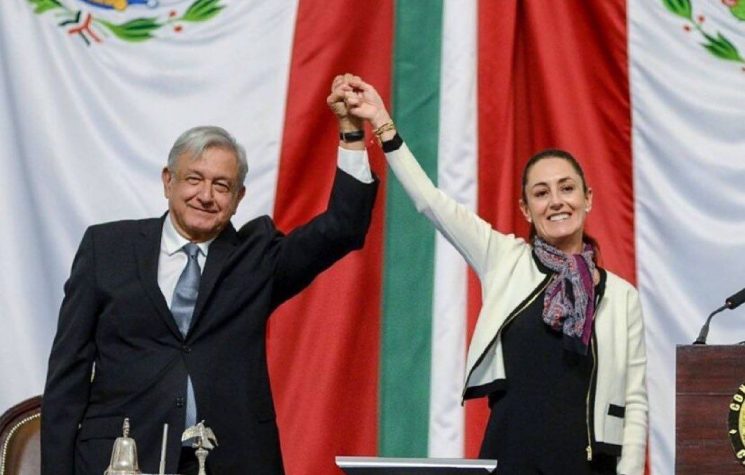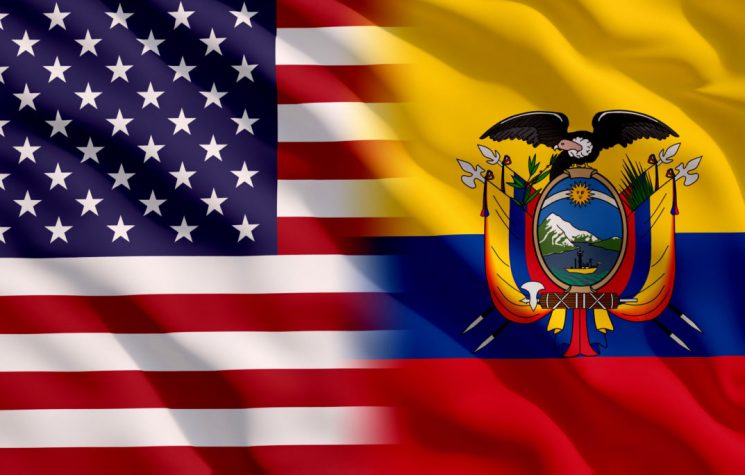On October 3rd, countless tens of thousands of Ecuadorian citizens began a general strike and occupation of public spaces, throughout the country but targeting the capital of Quito. President Lenin Moreno has made himself one of the most hated men in the history of the country in the course of his rule, and was forced to flee as a consequence, and re-establish the capital in Guayaquil. In addition, facing a larger and wider revolution all together, Moreno was forced to rescind Decree 883 – the new law which appears to have been the straw that broke the camel’s back in Ecuador.
But this is far from over, and Moreno’s continued existence as head of government threatens to see the expansion of this newly awakened movement. Internationally too – for it is Moreno who also betrayed Julian Assange, after Raphael Correa offered him protection.
Media are accurately reporting the obvious, but in limited context: Moreno enacted Decree 883, which brought an end to the popular fuel subsidies. As the story goes, this was part of an austerity agreement made with the International Monetary Fund (IMF) in return for a loan. Decree 883 threatens the country’s most vulnerable and historically marginalized cross-sections of Ecuadorian society, indigenous communities in particular. These indigenous communities, along with labor and citizen’s group, were at the forefront of these protests and the general strike, leading and organizing them. Moreno accuses his popular predecessor Correa for planning and executing the protests, with assistance from Cuba and Venezuela. The ‘random Soros guy’ from Brazil, Juan Guaido, has echoed Moreno’s accusation.
The Looming Econocide which Decree 883 Threatened
Beyond this, however, is the real story of Decree 883 and the recent history of Ecuador, and the real betrayal represented by Mr. Moreno – a visceral hatred he has earned for himself, which extends far beyond Decree 883.
Mr. Moreno baffled the public when he announced that the subsidies policy introduced in the 70’s, which if accounting in a very narrow and segregated way, appear to ‘cost’ the government some $1.3bn annually, were no longer affordable. But what macroeconomists and the public both understood, and what was particularly outrageous, was this: these subsidies, based on Ecuador’s socialized gas industry, in fact made possible all sorts of economic activity; risk taking and opportunity making, and consumption in other sectors of the economy – not possible without such a subsidy.
And so the ripple effect of Decree 883 would result in pessimism and a bearish national economy, all around. The cognitive and theoretical deficiency of believing that one can shore up nominal debts that exist under certain conditions of subsidy, by eliminating an economy enhancer like an energy subsidy, without this in turn deleteriously effecting overall GDP indices, to in turn qualify for a loan which would in all obvious reality create further balance of payment and debt problems, is itself either negligent, criminal, or both.
The real consequence would be that it would place the Ecuadorian economy further in debt, which means in further reliance on the IMF, which means further loans will be needed, which means further austerity, and ultimately privatization of the public weal. Upon such a cycle, creating permanent servitude and insolvency, the final aim on the part of the IMF cannot be simply a vicious debt cycle, (as this is ultimately unpayable) but the total private and foreign ownership of Ecuador, with some sort of mass impoverishment, even genocide of its indigenous people, as an obvious – if not wanted – consequence. At this point it becomes perhaps secondary to note that none of these ‘IMF loans’ will be used to develop the country’s physical economy – the only real signifier of wealth building for a whole society, if viewed scientifically and rationally as an organic unit with mutually interrelated symbiotic components.
There are few words to describe such aims as Decree 883 without delving into deep, profound, philosophical and theological questions about the nature of the forces of good and evil in the world. Questions was force us to ask what universal principles give meaning to our lives as human beings, and what really and fundamentally motivates those with such a blatant misanthropic agenda.
But at any rate, it is more than obvious how this move by Moreno, in the name of Decree 883, had led to the near toppling of the Ecuadorian government – leading to Moreno declaring a state of emergency.
Moreno – from Lenin to Judas
A success so far for the people has been the apparent repeal of Decree 883, but why Moreno is so very much hated deserves our attention, as this is only the beginning. During his tenure, Moreno has gained himself the nickname among the opposition ‘Judas’: a name necessary as it distinguishes that he is ‘no Lenin’.
What Moreno has done has resulted in the largest popular uprising the country has seen in many years. After years of working to reverse the progress and stability brought by the noble and just government of Raphael Correa, Moreno brought about a condition of instability and ignobility. Within months of assuming office, he disavowed Correa who had brought him where he had arrived, and began to work under the orders of Washington to undo Correa’s social and legislative reforms that had been aimed at deepening the strength of Ecuador’s civil society, labor, and justice. Under Correa, poverty would see a 30% decline.
And despite this obvious reality, this obvious truth, Moreno doubles-down on his contempt for reason and rationality, by accusing the protestors of being agents of Correa, even of Maduro (!). This affront to the wisdom of the people of Ecuador is comparable to blaming the blood for the wound, or for blaming the wound for the accident which causes these.
For the latest affront to dignity and fairness, in the form of yet another IMF sell-out from Moreno, came in the form of the elimination of gas subsidies for people most in need. And one cannot offer any real logic or reason for ending these subsidies, for the gas itself is largely owned by and for the people, through EP Petroecuador, the state oil firm.
But this deep-seated scorn is not simply related to contempt for his policies, but much more profoundly for his betrayal. Because we might expect such austerity from a centrist or right-wing candidate, given the history of politics in Latin America – there is something honest in this; they deliver what they campaign on. But given that Correa had essentially groomed Moreno, and Moreno in turn endorsed the policies of Correa – we encounter the crux of the matter, and how Moreno turned from Lenin to Judas.
To wit, it was Raphael Correa’s broad plan to rescue Ecuador from the predatory claws of the IMF, by fomenting a public campaign, a brilliant simulacrum strategy of sorts, borrowed from Venezuela, that an entire program of socialist revolution was underway, such that it had the effect of lowering the value of Ecuador’s bonds, owned by foreign interests. This made it so that Ecuador was able to succeed in buying back some 91% of these bonds, and made possible Ecuador’s thumbing the IMF and not taking on new debt. This was done by intelligently weaponizing Ecuador’s apparent weakness in not having its own real national currency, as this was dollarized by corrupt national leaders in 2000, using the excuse of the damage caused by Hurricane ‘El Niño’, to eliminate Ecuador’s monetary sovereignty. It had been widely believed that without a national, sovereign currency, that Ecuador could have no sovereign monetary policy – Correa proved this wrong by turning expectations and dynamics on their respective heads. While this dictum is true in the long-term, Correa used the dollarized nature of Ecuador’s currency values in a gambit to buy-back Ecuador’s bonds.
When Correa was elected president of Ecuador, it had come as the result of years of struggle by the popular forces of resistance, against all odds, and overcoming a particularly unstable and disastrous period were Ecuador had seen come and go some ten presidents in the period of just eleven years.
Correa would go on to serve for a decade, and continued to build popular support, and this had signaled the realization of an even broader dream of social and economic justice in Ecuador, but also a visionary long-term plan to integrate the Latin American economy into a single civilization-wide economic bloc.
The history of modern Ecuador is one of tragedy, hope, and never lacking in contradictions. During the time of Correa he was faced with the strongest opposition from the most intransigent and short-term thinking, narrowest in scope and vision, of the country’s billionaire class.
And it only so happened to be that this same class, who had been responsible for the years of instability and rampant poverty, were also those closest to Washington DC and New York City – placing the country at the hands of the Washington Consensus – the IMF, City Bank, JP Morgan Chase, and the rest of the “usual suspects”.
Rejecting this, in February 2007 that Correa’s economy minister Ricardo Patiño stated: “I have no intention […] of accepting what some governments in the past have accepted: that [the IMF] tell us what to do on economic policy.” “That seems unacceptable to us,” Patiño concluded.
The U.S and the IMF hated this, and hated Correa for this. Correa confused many –at first seeming to be a center-leaning social-democrat reformist. His biography and optics were misleading: young and well groomed, with waxed hair and Spanish features, he appeared very much like the kind of candidate historically installed by Ecuador’s wealthy comprador class. His credentials in governance had come about through being Ecuador’s finance minister under the prior neo-liberal government of Alfredo Palacio. And yet Correa was a man of the people and once in office quickly became allies with the Castros of Cuba and also Chavez, and then Maduro of Venezuela.
Correa understood he would be termed-out eventually, under Ecuador’s constitutional provisions, and had worked early on to groom a successor.
Again, the biography and optics were misleading: this successor was Lenin Moreno, the son of a communist teacher; Moreno inspired empathy with his soulful eyes, reminiscent of Iran’s Ahmadinejad, and being wheelchair-bound, he inspired sympathy.
The people had expected that a man who inspired such sympathy and empathy, would himself be capable of tremendous sympathy and empathy for the people in turn.
And yet the people were wrong. Instead, what lurked in the heart of Lenin Moreno was so dark, so depraved, so shallow and so selfish, that it exploded the left’s understanding of character.
It would turn out that Nietzsche’s dictum that weakness lays at the root of evil, and strength at the root of good, was true. If the apparent meekness of Moreno would allow him to inherit the world of Ecuador, then it was his cruelty and hatred, his Ressentiment born of weakness, for those healthy and happy people, even if poor, that would threaten to destroy it.
The government of Moreno has been a betrayal so monumental and significant to the living history of Ecuador, that it has indeed earned him the name ‘Judas Moreno’, an allusion both to Judas Iscariot who betrayed Jesus Christ to the wishes of the Sanhedrin, and also to Leon ‘Judas’ Trotsky, who is believed by mainline communists internationally to have conspired to betray the Russian Revolution through his alleged conspiracy with the forces of Fascism in Europe.
And this leads us to the real heart of our investigation, for the apparent revolution that Judas Moreno has betrayed was the popular democratic, electoral ‘revolution’ of Correa. And this is why Moreno is so hated, and lacks any mandate. And this is also why his power decreases by the day, as his legitimacy in question after his first months in office, and his actions against the people – the repression, arrests, and persecutions which have heightened in the last ten days of protests against his regime, are only but the culmination of several years of the same.
Now there are dead, martyrs in this struggle, murdered by Moreno’s security forces.
Decree 883 may have been repealed, but coming about on the precipice of a broader revolution, the coming weeks and months only promises more conflicts, surprises – and we should expect yet another betrayal from Judas Moreno, and another explosion in response.








